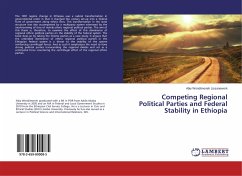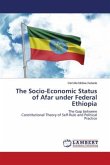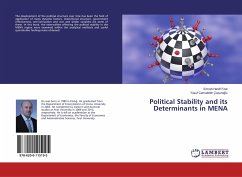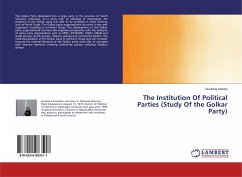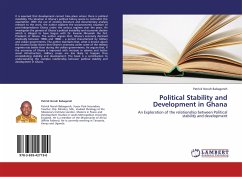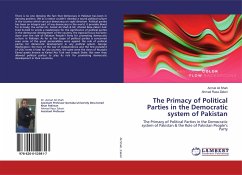The 1991 regime change in Ethiopia was a radical transformation in governmental order in that it changed the unitary set-up into a federal form of government along ethnic lines. This transformation in the state structure was also accompanied by a multiparty system witnessed by the mushrooming of tens of mainly ethnic regional political parties. The aim of this thesis is, therefore, to examine the effect of this dominance of regional ethnic political parties on the stability of the federal system. The book does so by taking the Oromo parties as a case study. It argues that the unbridled dominance of ethnic regional political parties in the Ethiopian federal system is a threat to the stability of the system reinforcing centrifugal forces. And as such it emphasizes the need to have strong political parties transcending the regional divides and act as a centripetal force countering the centrifugal effect of the regional ethnic parties.

